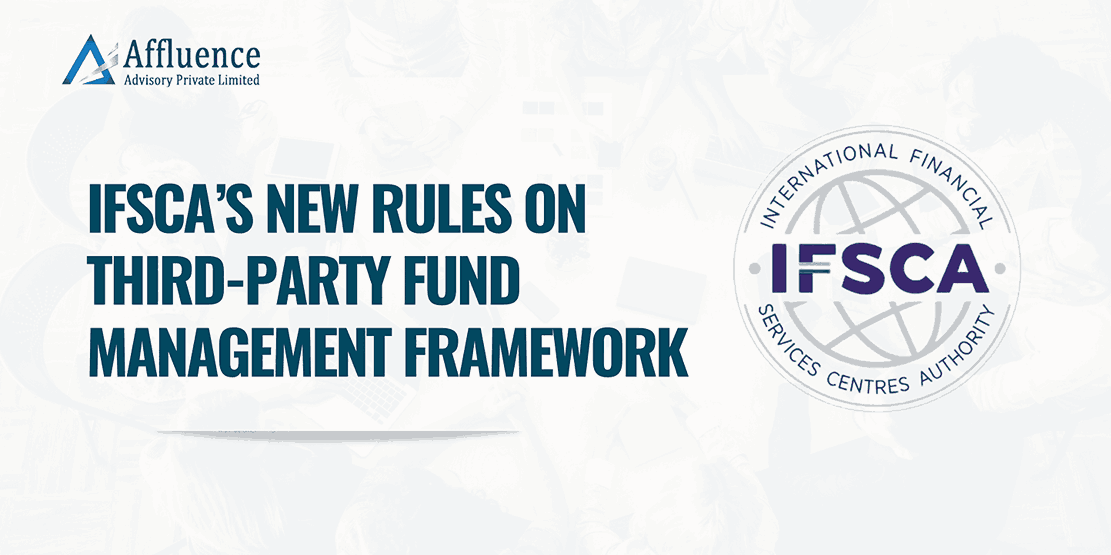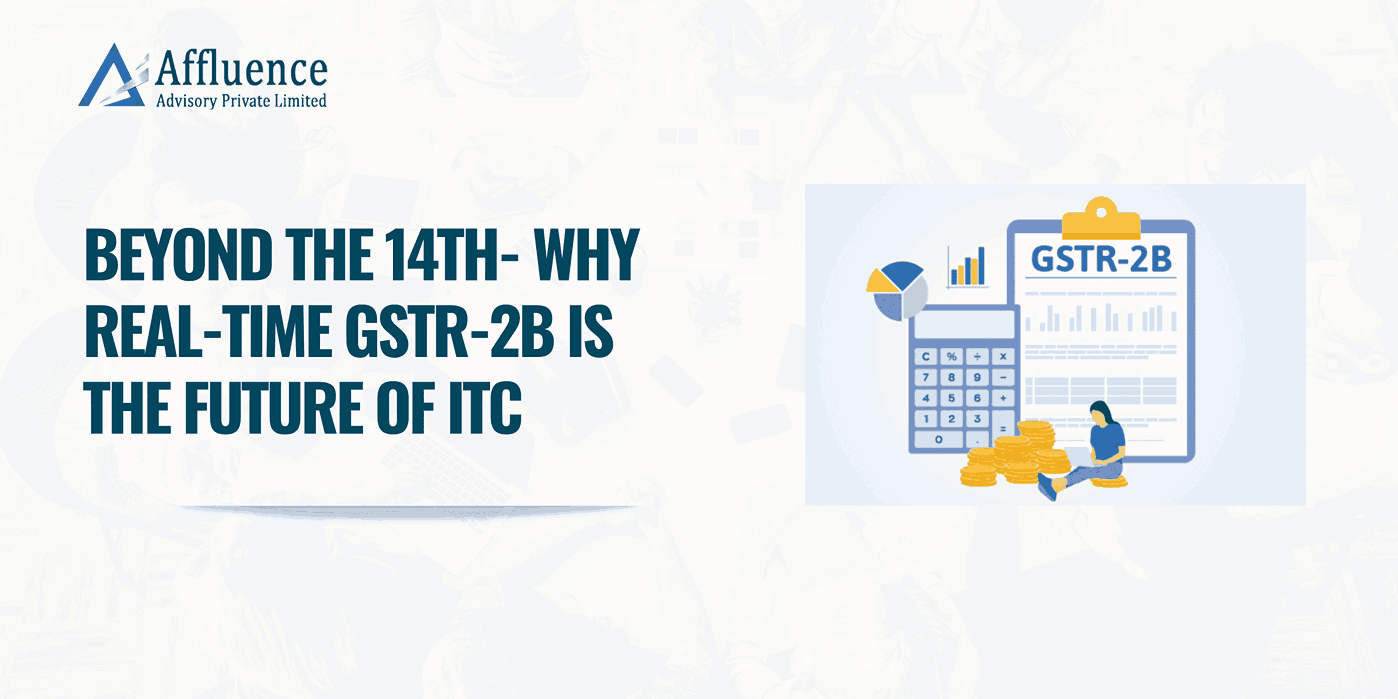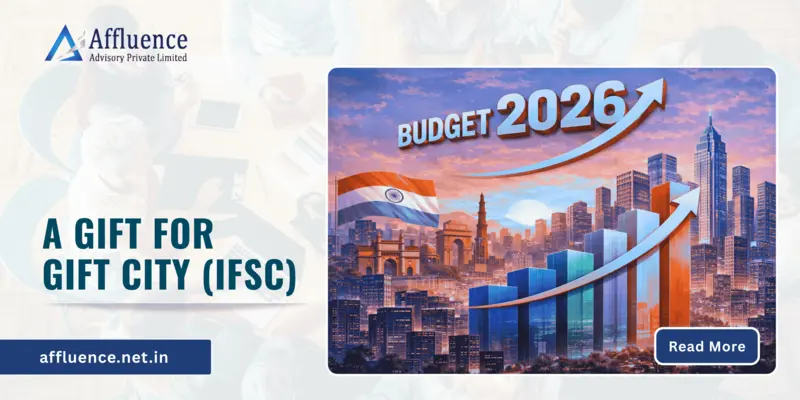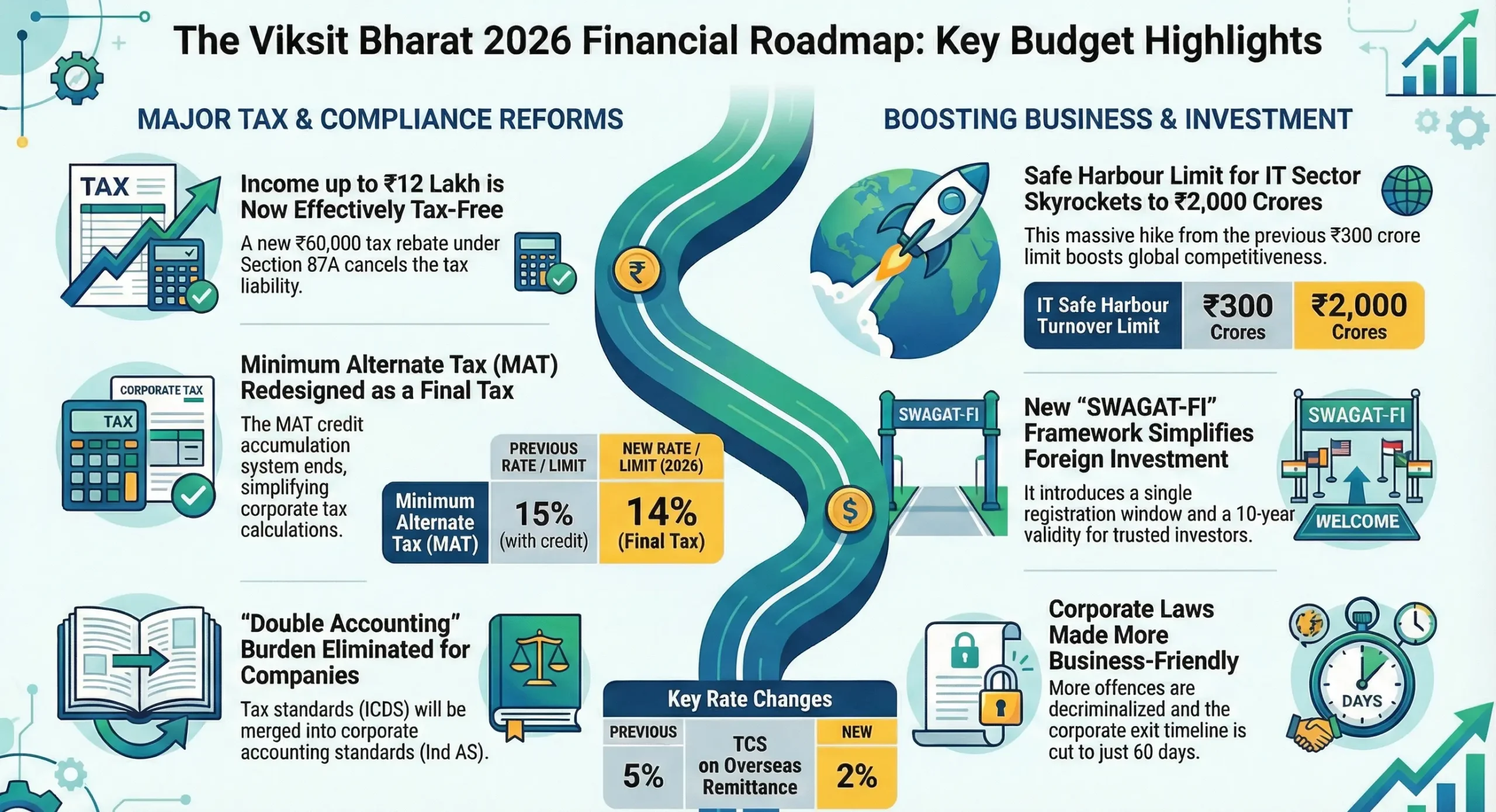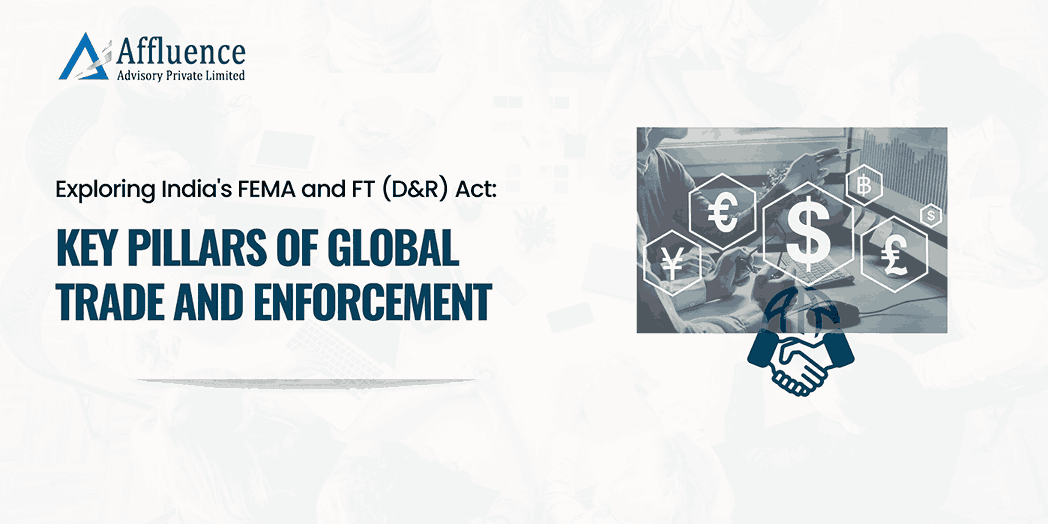The International Financial Services Centres Authority (IFSCA) came into the picture primarily to transform GIFT City (Gujarat International Finance Tec-City) into a global hub for financial services. One of its key initiatives is the Third-Party Fund Management Framework (TFMS), which enables both international and Indian fund managers to enter GIFT City without setting up a separate entity.
Why TFMS Was Introduced
IFSCA recognized that attracting global fund managers required a more flexible, efficient model. Setting up a complete fund management entity from scratch in a new jurisdiction can be resource-intensive. To ease this process, the TFMS allows Third-Party Fund Managers to operate under the umbrella of an existing Fund Management Entity (FME) in GIFT City, significantly reducing entry barriers. This system brings international managers under one regulatory cover while ensuring they have the freedom to make investment decisions.
Necessity of TFMS
- Global Fund Attractiveness: GIFT City aims to be a competitive alternative for global funds, and this model enables fund managers from both India and abroad to manage schemes with minimal infrastructure requirements.
- Regulatory Clarity: By providing a structured framework, TFMS ensures that investors and fund managers operate in a regulated environment with clear compliance guidelines. It also provides an indemnity for FMEs, reducing their legal exposure.
Benefits of TFMS
- Reduced Setup Costs: Third-party fund managers can tap into GIFT City’s infrastructure without having to set up their own entities.
- Increased Fund Choices for Investors: With multiple managers hosting schemes under one regulated platform, investors have access to a wider array of fund choices, increasing the variety of investment options in the region.
- Enhanced Revenue Potential for FMEs: Fund Management Entities can monetize their licenses by hosting third-party schemes.
Additional Considerations
Compliance and oversight remain a key responsibility of FMEs, ensuring robust governance even if third-party managers handle investment decisions.
The TFMS framework is crucial in establishing GIFT City as a financial hub by offering global fund managers a simplified, regulated platform to operate in, while providing both opportunities and responsibilities for FMEs and third-party managers alike.
GOVERNING REGULATION UNDER IFSCA (FME) REGULATIONS, 2025
Part D under Chapter VI (Regulations 107C to 107M
How the model works
- An existing FME acts as a “host platform”.
- A third-party fund manager (regulated in India or abroad) runs a fund scheme under that FME.
- The FME provides the regulatory cover, while the third-party manager handles investment decisions.
Eligibility Criteria for Third-Party Fund Managers
An FME can engage only with third-party fund managers who are:
- Incorporated in India, IFSC (GIFT City), or abroad.
- Well-resourced with adequate infrastructure and manpower.
- Experienced in fund/investment management.
- Fit and proper under Regulation 9, i.e., having integrity, competence, financial soundness, and no disqualifications.
Legal Form
- FMEs providing TFMS must be incorporated within IFSC as a company, LLP, or another permitted form.
- Their constitutional documents (e.g., MOA or LLP agreement) must include clauses enabling TFMS activities
FME requirements
- Must take specific approval from IFSCA to offer TFMS.
- Must maintain an additional net worth of USD 500,000 (separate from normal FME requirements).
Personnel Requirement
Principal Officer:
- FME must appoint a dedicated Principal Officer for each third-party scheme.
- Responsible for fund management, risk management, and compliance.
- Eligibility same as prescribed for registered FMEs.
Compliance Officer:
- Non-Retail FME: Same Compliance Officer can cover both self-managed and third-party schemes.
- Retail FME: Must have separate Compliance Officers for retail and non-retail/third-party schemes.
- Eligibility same as prescribed for registered FMEs.
Additional Key Managerial Personnel (KMP):
- Required if AUM > USD 1 billion (excluding fund-of-funds).
- Applies to combined AUM of self-managed and third-party schemes.
Fund schemes allowed
- Only Restricted Schemes can be launched.
- Each scheme can have a maximum size of USD 50 million.
Oversight and compliance
- FMEs remain fully responsible for all rules and liabilities, even if investment decisions are made by the third-party manager.
Protection for FMEs
Third-party managers must indemnify (compensate) the FME in case of any legal or financial issues.
Investor disclosures
- The third-party manager’s identity
- The roles of each party
- Any possible conflicts of interest
Benefits
- Makes it easier for global managers to enter GIFT City without a full setup.
- FMEs can monetize their licence by hosting schemes.
- Investors get wider fund choices under one regulated platform.
Challenges
- USD 50 million cap limits fund size.
- Only regulated managers can join.
- FMEs carry final liability, requiring strong contracts and due diligence.
Conclusion
TGMS introduced by the IFSCA for GIFT City presents a strategic opportunity for global and Indian fund managers to access a regulated platform without the need for full-scale infrastructure. This framework makes it easier for international fund managers to enter the Indian market, offering a more streamlined and cost-effective approach to fund management. For Fund Management Entities (FMEs), TFMS not only enables monetization of their licenses but also broadens the range of fund schemes available to investors.
While the framework creates new opportunities for global investment in India, it also comes with its challenges, such as the cap on individual fund sizes and the need for strong compliance oversight. Nevertheless, the TFMS is a key step in establishing GIFT City as a global financial hub, fostering a competitive environment for both international and domestic fund managers, and promoting diverse investment options for investors.
Ultimately, with its regulatory structure and a clear framework for third-party management, the IFSCA’s TFMS is poised to enhance India’s position as a global leader in financial services, benefiting both fund managers and investors alike.
Disclaimer: This article provides general information existing at the time of preparation and we take no responsibility to update it with the subsequent changes in the law. The article is intended as a news update and Affluence Advisory neither assumes nor accepts any responsibility for any loss arising to any person acting or refraining from acting as a result of any material contained in this article. It is recommended that professional advice be taken based on specific facts and circumstances. This article does not substitute the need to refer to the original pronouncement.
CLICK HERE DOWNLOAD PDF

